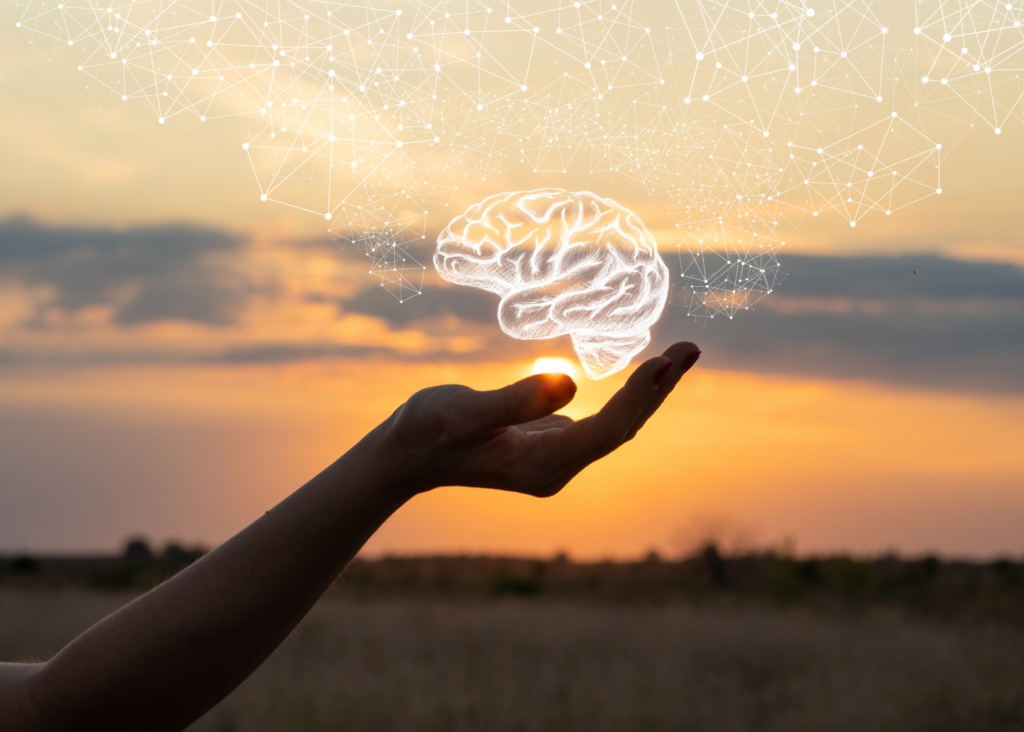A traumatic brain injury, or TBI, refers to a medical condition wherein the brain sustains injuries that can cause physiological damage and disruption in its normal function. Traumatic brain injuries usually occur following a direct blow or violent jolt to the head caused by a traumatic accident.
Since TBI drastically affects brain function, it is considered as one of the leading causes of acquired disability in the US. Individuals sustaining a traumatic brain injury can either die from the injuries or experience lifelong debilitating symptoms, such as:
But having a brain injury should not define one’s narrative. There’s more to a person than their disability, and that is the ultimate message that we need to vocalize this Brain Injury Awareness Month.
As a major cause of death and disability in America, there’s still a lot that we don’t know about traumatic brain injury. So in participation with the #MoreThanMyBrainInjury campaign, here’s a rundown on five interesting facts about traumatic brain injury.
Experts refer to traumatic brain injury as a public health epidemic as it is the most common cause of disability and mortality in teens and adults. Studies suggest that more than 2% of the general population in America are living with a disability as a consequence of a traumatic brain injury.
Furthermore, research has found that there are an estimated 100,000 individuals who die from traumatic brain injury yearly, while 500,000 are reported to be permanently disabled. A study also stipulated that every 15 seconds, there is an individual who suffers or sustains a brain injury.
All these statistics only point to one thing: that brain injury is a public health problem that is failed to be recognized by many. In fact, only 1 in 3 Americans knows the term brain injury and its long-term effects.
CT scans and MRIs are used to get a detailed view of the brain from several angles. These diagnostic imaging tests also show a complete picture of the brain so doctors can see if there are any abnormalities, such as bleeding, bruising, fractures, and other types of acute trauma.
However, not all types of brain injuries and damage may be seen in scans. In fact, for most traumatic brain injuries, about 80% cannot be seen on a CT scan or MRI.
An individual sustaining a TBI can have a clear scan but still show warning signs of a TBI, such as a concussion or impaired cognitive, behavioral, and psychological function.
That’s why doctors usually diagnose TBI using imaging tests together with other diagnostic procedures, such as neurological evaluation, the Glasgow Coma Scale, psychological testing, and others.
A concussion is a type of traumatic brain injury that causes short-term, temporary disruption or loss of normal brain function. It usually lasts for a few minutes and happens after a bump, direct blow, or sudden jolt to the head. Most doctors often consider concussion as a mild traumatic brain injury.
Despite being dubbed as “mild” and “not life-threatening”, a concussion still causes psychological injuries to the brain, such as:
These changes may seem minute compared to other injuries, but they can still affect the physical, mental, and cognitive abilities of a person. So patients with mild TBIs should still take caution as its effects can become serious over time, especially without the right interventions.
A traumatic brain injury, no matter how mild, can cause changes in the structure and chemical composition of the brain. As a result, this can affect how a person thinks, learns, feels, and acts, thus altering mood, behavior, and personality.
This can then lead to the development of mental health symptoms and mental disorders. Some examples include depression, anxiety disorder, and bipolar disorder. TBI can also lead to the worsening of an underlying mental illness, which can increase the chances of suicidal ideation. So it’s important to include mental health counseling and therapy in a patient’s treatment plan or follow-up care.
Recovery from a traumatic brain injury may take time. Some studies suggest that there’s a significant chance of recovery if treatment starts within the first one to two years following the TBI.
However, in reality, time does not actually indicate a patient’s chance for recovery. Favorable outcomes during one’s healing process will depend on the type of therapies included in a patient’s treatment plan. It should be a combination of the following:
Improvement and a good prognosis are possible as long as there is consistency, commitment, and ample support from the best neuro rehab facility.

Neulife Rehabilitation believes in the power of evidence-based treatment and therapy. There’s still hope in achieving maximum independence and function through our comprehensive neuro rehab services with the help of our trained team of healthcare professionals.
We specialize in providing the best rehab for brain injury and patients sustaining spine injuries, amputation, orthopedic injuries, stroke, catastrophic injuries, and other neurological disorders. Learn more about our residential rehab facility by contacting us at 800-626-3876.
The material contained on this site is for informational purposes only and DOES NOT CONSTITUTE THE PROVIDING OF MEDICAL ADVICE, and is not intended to be a substitute for independent professional medical judgment, advice, diagnosis, or treatment. Always seek the advice of your physician or other qualified healthcare providers with any questions or concerns you may have regarding your health.

We know that choosing the next step in your recovery from a catastrophic illness or injury is complex. Together, we can help you take the next step.
Contact us with any questions today.